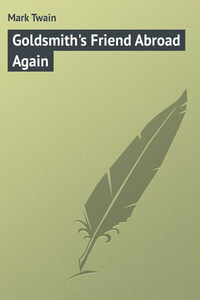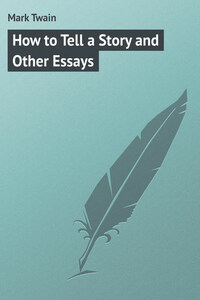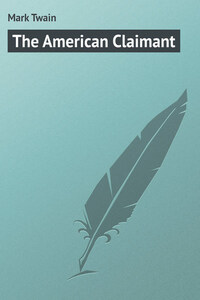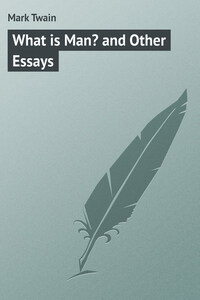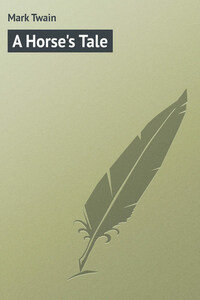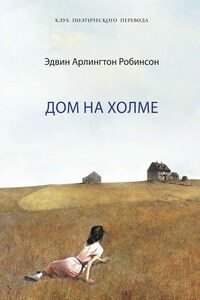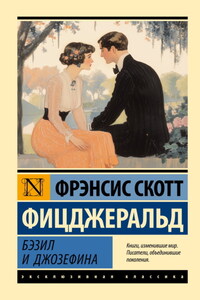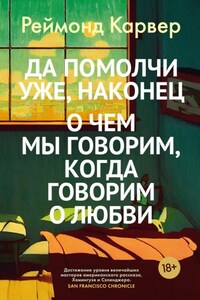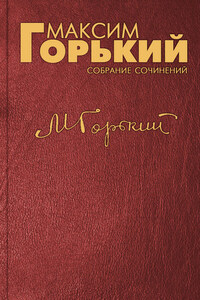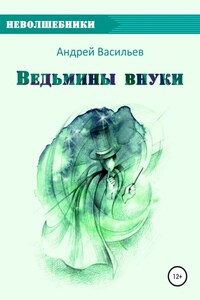Shanghai, 18—.
Dear Ching-Foo: It is all settled, and I am to leave my oppressed and overburdened native land and cross the sea to that noble realm where all are free and all equal, and none reviled or abused – America! America, whose precious privilege it is to call herself the Land of the Free and the Home of the Brave. We and all that are about us here look over the waves longingly, contrasting the privations of this our birthplace with the opulent comfort of that happy refuge. We know how America has welcomed the Germans and the Frenchmen and the stricken and sorrowing Irish, and we know how she has given them bread and work, and liberty, and how grateful they are. And we know that America stands ready to welcome all other oppressed peoples and offer her abundance to all that come, without asking what their nationality is, or their creed or color. And, without being told it, we know that the foreign sufferers she has rescued from oppression and starvation are the most eager of her children to welcome us, because, having suffered themselves, they know what suffering is, and having been generously succored, they long to be generous to other unfortunates and thus show that magnanimity is not wasted upon them.
Ah Song hi.
At sea, 18—.
Dear Ching-Foo: We are far away at sea now; on our way to the beautiful Land of the Free and Home of the Brave. We shall soon be where all men are alike, and where sorrow is not known.
The good American who hired me to go to his country is to pay me $12 a month, which is immense wages, you know – twenty times as much as one gets in China. My passage in the ship is a very large sum – indeed, it is a fortune – and this I must pay myself eventually, but I am allowed ample time to make it good to my employer in, he advancing it now. For a mere form, I have turned over my wife, my boy, and my two daughters to my employer’s partner for security for the payment of the ship fare. But my employer says they are in no danger of being sold, for he knows I will be faithful to him, and that is the main security.
I thought I would have twelve dollars to, begin life with in America, but the American Consul took two of them for making a certificate that I was shipped on the steamer. He has no right to do more than charge the ship two dollars for one certificate for the ship, with the number of her Chinese passengers set down in it; but he chooses to force a certificate upon each and every Chinaman and put the two dollars in his pocket. As 1,300 of my countrymen are in this vessel, the Consul received $2,600 for certificates. My employer tells me that the Government at Washington know of this fraud, and are so bitterly opposed to the existence of such a wrong that they tried hard to have the extor – the fee, I mean, legalised by the last Congress;[1] but as the bill did not pass, the Consul will have to take the fee dishonestly until next Congress makes it legitimate. It is a great and good and noble country, and hates all forms of vice and chicanery.
We are in that part of the vessel always reserved for my countrymen. It is called the steerage. It is kept for us, my employer says, because it is not subject to changes of temperature and dangerous drafts of air. It is only another instance of the loving unselfishness of the Americans for all unfortunate foreigners. The steerage is a little crowded, and rather warm and close, but no doubt it is best for us that it should be so.
Yesterday our people got to quarrelling among themselves, and the captain turned a volume of hot steam upon a mass of them and scalded eighty or ninety of them more or less severely. Flakes and ribbons of skin came off some of them. There was wild shrieking and struggling while the vapour enveloped the great throng, and so some who were not scalded got trampled upon and hurt. We do not complain, for my employer says this is the usual way of quieting disturbances on board the ship, and that it is done in the cabins among the Americans every day or two.
Congratulate me, Ching-Fool In ten days more I shall step upon the shore of America, and be received by her great-hearted people; and I shall straighten myself up and feel that I am a free man among freemen.
Ah Song hi.
San Francisco, 18—.
Dear Ching-Foo: I stepped ashore jubilant! I wanted to dance, shout, sing, worship the generous Land of the Free and Home of the Brave. But as I walked from the gangplank a man in a gray uniform[2] kicked me violently behind and told me to look out – so my employer translated it. As I turned, another officer of the same kind struck me with a short club and also instructed me to look out. I was about to take hold of my end of the pole which had mine and Hong-Wo’s basket and things suspended from it, when a third officer hit me with his club to signify that I was to drop it, and then kicked me to signify that he was satisfied with my promptness. Another person came now, and searched all through our basket and bundles, emptying everything out on the dirty wharf. Then this person and another searched us all over. They found a little package of opium sewed into the artificial part of Hong-Wo’s queue, and they took that, and also they made him prisoner and handed him over to an officer, who marched him away. They took his luggage, too, because of his crime, and as our luggage was so mixed together that they could not tell mine from his, they took it all. When I offered to help divide it, they kicked me and desired me to look out.
Having now no baggage and no companion, I told my employer that if he was willing, I would walk about a little and see the city and the people until he needed me. I did not like to seem disappointed with my reception in the good land of refuge for the oppressed, and so I looked and spoke as cheerily as I could. But he said, wait a minute – I must be vaccinated to prevent my taking the small-pox. I smiled and said I had already had the small-pox, as he could see by the marks, and so I need not wait to be “vaccinated,” as he called it. But he said it was the law, and I must be vaccinated anyhow. The doctor would never let me pass, for the law obliged him to vaccinate all Chinamen and charge them ten dollars apiece for it, and I might be sure that no doctor who would be the servant of that law would let a fee slip through his fingers to accommodate any absurd fool who had seen fit to have the disease in some other country. And presently the doctor came and did his work and took my last penny – my ten dollars which were the hard savings of nearly a year and a half of labour and privation. Ah, if the law-makers had only known there were plenty of doctors in the city glad of a chance to vaccinate people for a dollar or two, they would never have put the price up so high against a poor friendless Irish, or Italian, or Chinese pauper fleeing to the good land to escape hunger and hard times.
